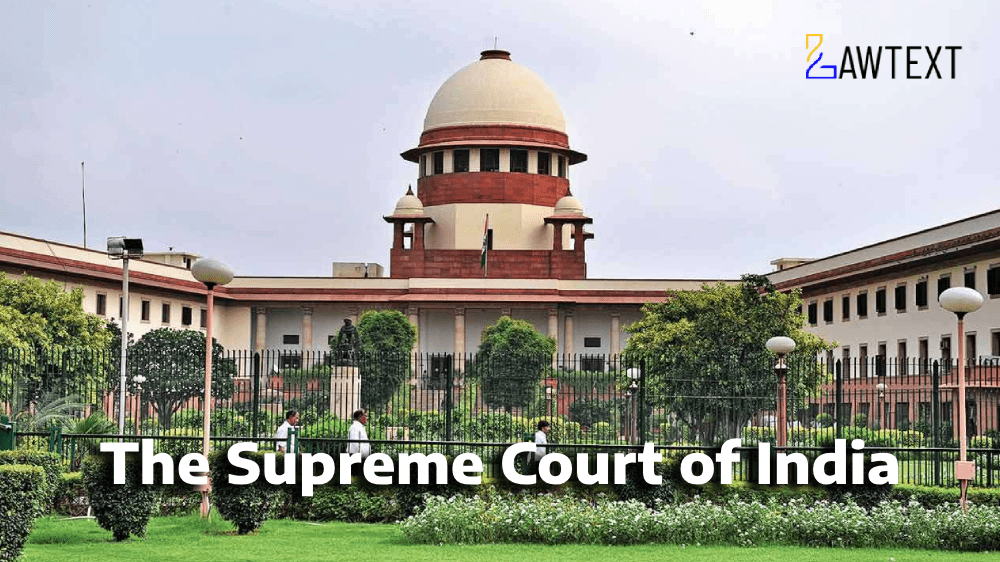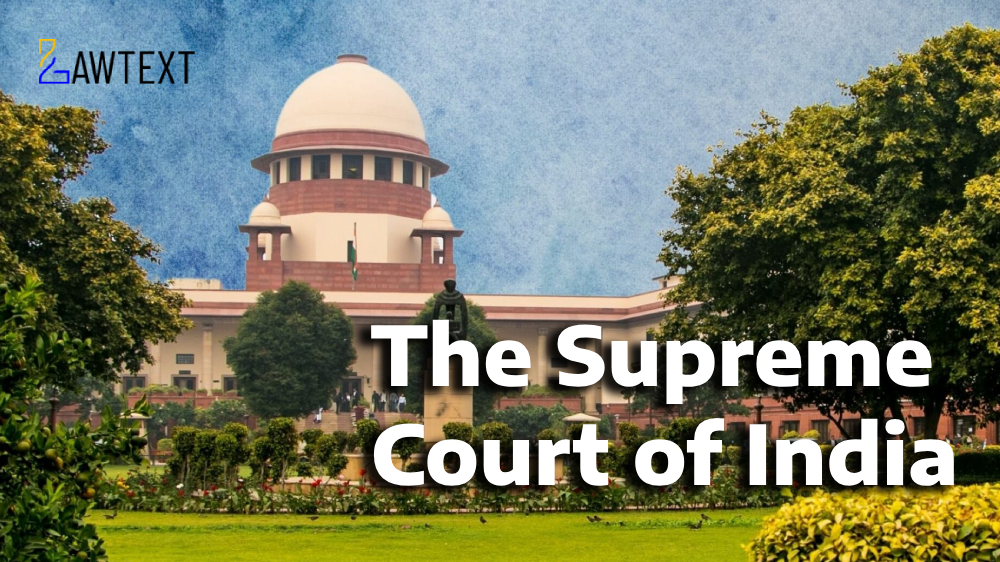Case Note & Summary
The appellant, aggrieved by the judgment passed by the High Court of Bombay, Bench at Aurangabad, in Second Appeal No. 14 of 2009, appealed before the Supreme Court. The appellant had filed Regular Civil Suit No. 224 of 1994 for partition and separate possession of the suit property, claiming to be the son of respondent no. 1/defendant no. 1, born from a marriage with his mother, Padminibai. The Trial Court and the First Appellate Court ruled in favor of the appellant, granting him a 1/5th share. However, the High Court reversed these judgments and dismissed the suit. The Supreme Court upheld the High Court's decision, citing discrepancies in evidence and the appellant's failure to prove the marriage and his legitimacy.
IntroductionThe appellant, aggrieved by the judgment dated 24.11.2009 passed in Second Appeal No. 14 of 2009 by the High Court of Bombay, Bench at Aurangabad, filed an appeal before the Supreme Court. The appellant/plaintiff had originally filed Regular Civil Suit No. 224 of 1994 for partition and separate possession of the suit property, claiming to be the son of respondent no. 1/defendant no. 1 from a marriage with his mother, Padminibai.
Trial Court and First Appellate Court JudgmentsThe Trial Court (Court of Joint Civil Judge (J.D) at Kaij, District Beed) decreed the suit, granting the appellant a 1/5th share of the property, accepting the claim of marriage between respondent no. 1/defendant no. 1 and Padminibai. The First Appellate Court (Court of Ad-hoc District Judge -3, at Ambajogai, District Beed) upheld the Trial Court's judgment on 13.08.2008 in Regular Civil Appeal No. 126 of 1998.
High Court JudgmentIn a challenge by the respondents/defendants, the High Court reversed the judgments of the Trial Court and First Appellate Court, dismissing the appellant's suit. The High Court found significant discrepancies in the evidence, particularly noting the absence of material witness Padminibai and the reliance on oral evidence.
Appellant's ContentionThe appellant's counsel argued that the High Court should not have re-appreciated the evidence, as both lower courts had concurrently found the appellant's case credible. The counsel contended that the High Court's findings should be set aside.
Supreme Court's AnalysisThe Supreme Court, after hearing the appellant's counsel, found no reason to interfere with the High Court's judgment. The Court noted that the Trial Court and First Appellate Court had failed to consider crucial facts and discrepancies in the evidence. The marriage was not sufficiently proven, and there was no explanation for the long delay in filing the suit.
Key Points Discrepancies in Evidence: The appellant relied on oral evidence without producing Padminibai as a witness. Delayed Suit: The appellant filed the suit 16-17 years after attaining majority. Re-marriage of Padminibai: The High Court noted Padminibai's re-marriage without evidence of divorce from respondent no. 1/defendant no. 1. Failure to Prove Marriage: The appellant could not establish the marriage between his mother and respondent no. 1/defendant no. 1. ConclusionThe Supreme Court found the appellant failed to discharge the heavy burden of proof required in a partition suit, especially when the factum of marriage was denied. The appeal was dismissed with no order as to costs.
Issue of Consideration: Ram @ Ramdas Sheshrao Neharkar Versus Sheshrao Baburao Neharkar And Others
Premium Content
The Issue of Consideration is only available to subscribed members.
Subscribe Now to access critical case issues





